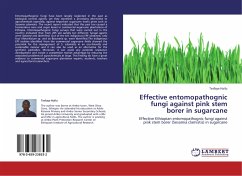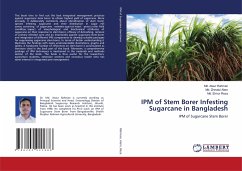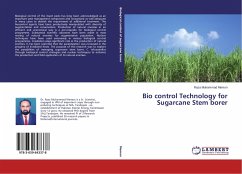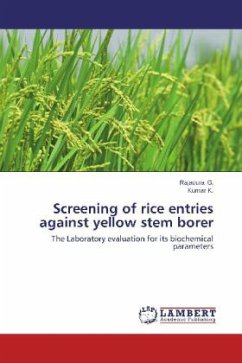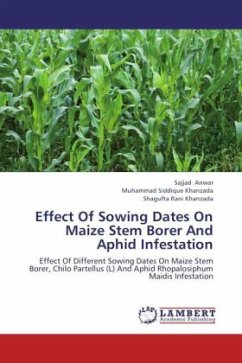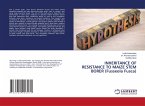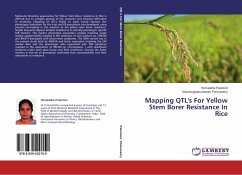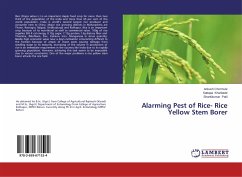Entomopathogenic fungi have been largely neglected in the past as biological control agents, yet they represent a promising alternative to agrochemicals especially, against important sugarcane insect pests such as Sesamia calamistis. The recent report indicated that this pest has caused a tremendous cane and sugar losses in commercial sugarcane plantations of Ethiopia. Entomopathogenic fungi surveys that were carried out in the country indicated that from 205 soil sampls ten different fungal agents were isolated and identified. Out of the ten indigenous EPF obtained, only four Metarhizium sp. and six Beauveria sp. were identified.The indigenous EPF isolates identified from the commercial sugarcane fields showed the potential for the management of S. calamistis in an eco-friendly and sustainable manner and it can also be used as an alternative for the synthetic pesticides. Moreover, it can avoid any pesticide resistance development and create a competitive market advantage by reducing the associated problems of agrochemicals at large. This finding do have a great evidence to commercial sugarcane plantation experts, students, teachers and agricultural researchers.
Bitte wählen Sie Ihr Anliegen aus.
Rechnungen
Retourenschein anfordern
Bestellstatus
Storno

